News & Features
Newsletters | YIVO in the Media | Press Releases
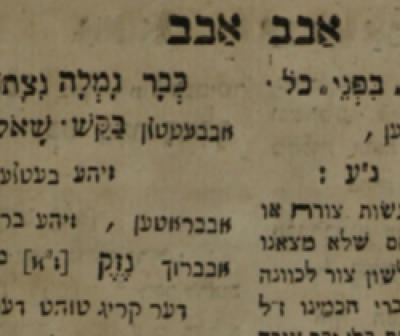
To Change the World with a Dictionary
A German-Hebrew bible becomes a tool in the hands of maskilim, reformist activists of the Haskalah.

Yad Vashem Becomes Institutional Partner on YIVO Vilna Collections Project
Reviving a partnership dating back to just after WWII, Yad Vashem becomes an institutional partner on the YIVO Vilna Collections project.
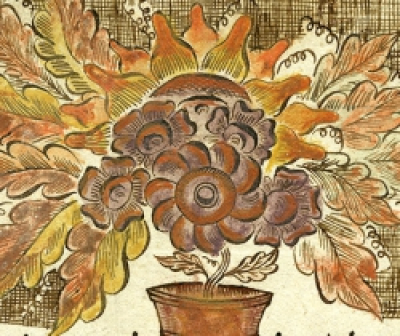
YIVO Receives $260,000 Grant from the National Endowment for the Humanities
The National Endowment for the Humanities’s Division of Preservation and Access has awarded $260,000 for the YIVO Vilna Collections project.
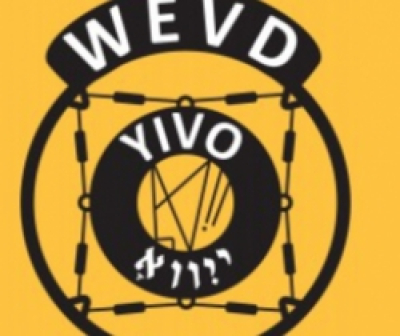
What was YIVO teaching NYC high school teachers in 1968?
YIVO has a long tradition of creating educational resources for all levels of schooling.
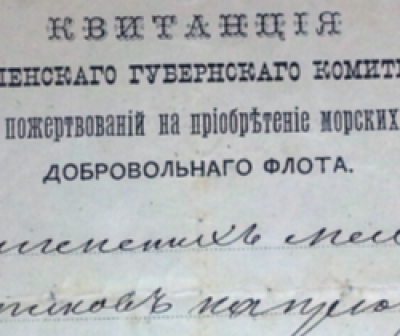
A Boat for the Tsar’s Fleet
An intriguing artifact reveals how much we still don’t know about the past.

A Tribute to Sholem Aleichem
YIVO commemorates Sholem Aleichem’s hundredth yortsayt with a new exhibition featuring materials from the newly acquired Sholem Aleichem Family Archive. To kick off this exhibition, YIVO is hosting two Sholem Aleichem tribute events.

YIVO Receives Grant for New Scholar-in-Residence
Alyssa Quint Named YIVO’s First Vilna Collections Scholar Alyssa Quint, YIVO’s First Vilna Collections Scholar. New York, New York - The YIVO Institute for Jewish Research is pleased to announce a three-year, $75,000 grant for a new scholar-in-residence. The Vilna Collections Scholar will contextualize the archival and library materials in YIVO’s Vilna ...
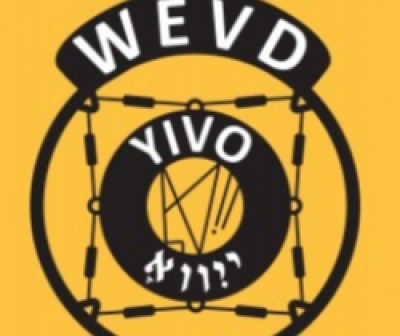
A Yiddish course for high school students (1968)
Back in 1968, there was a Yiddish course for high school students in New York City.
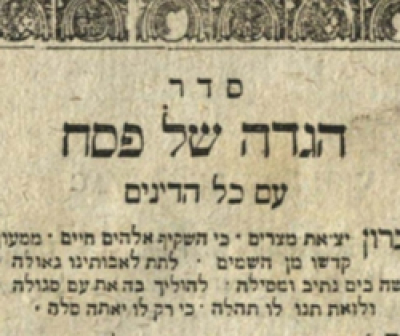
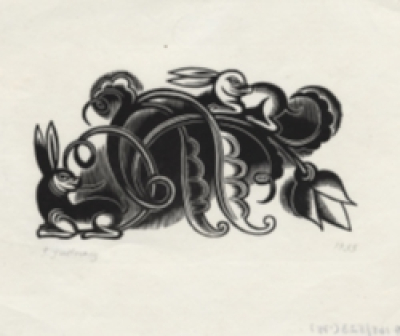
Farewell to Three Remarkable Women
Three women who were close to YIVO passed away last month: Rose Klepfisz, Pearl Sapoznik, Yael Penkower.




